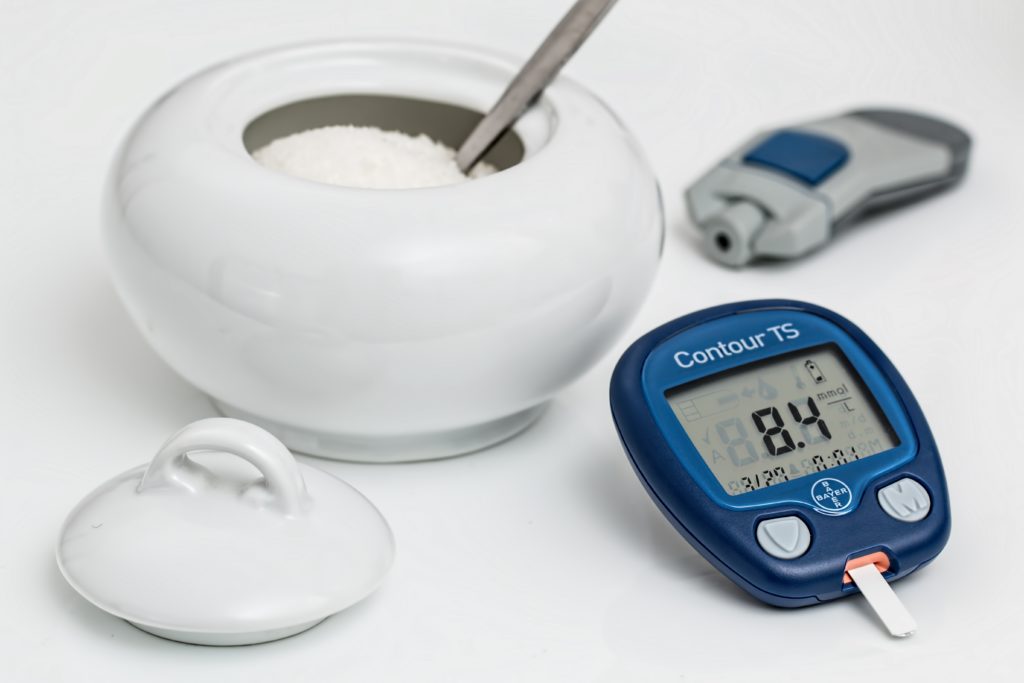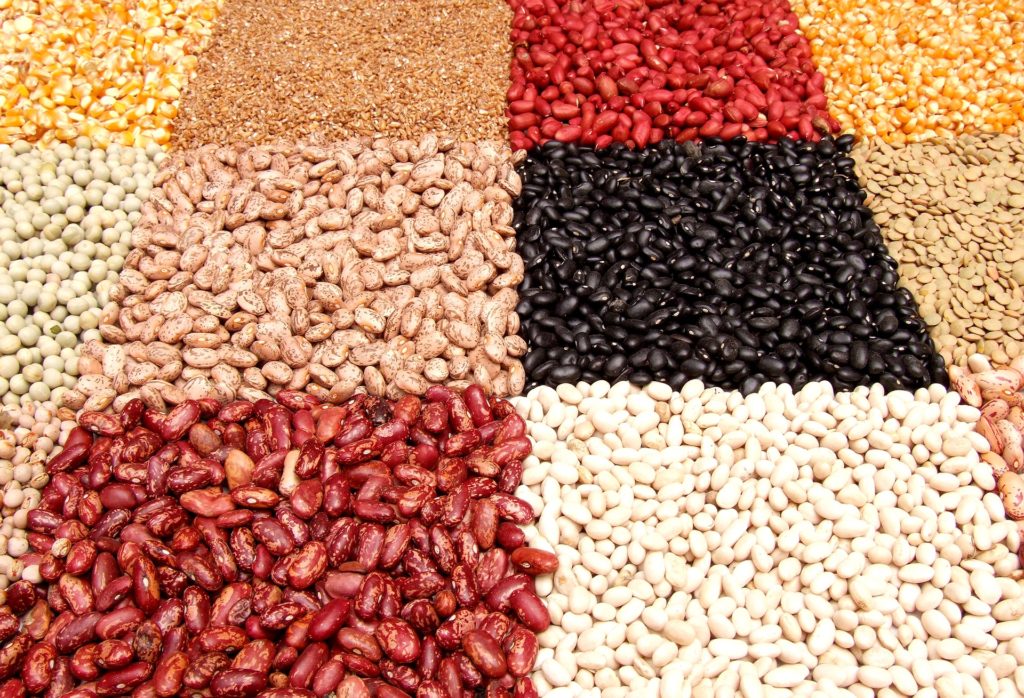**These posts often contain affiliate links. Please see our disclosure policy for details.**
Guest post from Jean Larson; licensed and registered dietitian at Essentia Health, one of Up North Parent’s Sponsors.
People with diabetes aren’t the only ones who need to lower their blood sugar levels.
The American Diabetes Association says 1 in 3 American adults has pre-diabetes, which means their blood glucose (sugar) level is higher than normal but not high enough to be diagnosed with type 2 diabetes. Both conditions are caused by insulin dysregulation, namely insulin resistance.
In healthy people, insulin is the hormone that helps stimulate cells to use the glucose (sugar) in the blood. When cells are constantly exposed to high levels of insulin, they become less sensitive to its effects, resulting in insulin resistance. This leads to a variety of metabolic problems including systemic inflammation.
Dietary factors, sedentary lifestyle, and stress can all cause blood glucose (sugar) and insulin levels to be chronically elevated, leading to insulin resistance.
Fortunately, this process is often very reversible.
Here are four steps to help you lower blood sugar, improve insulin sensitivity, and either reverse or prevent diabetes.

Four Ways to Naturally Balance Blood Sugar
1. Focus on a balanced, lower glycemic diet.
What and how much you eat is an extremely important factor in maintaining healthy blood sugar levels.
- To help you regulate your insulin levels, limit the total carbohydrates you eat and choose more whole food forms of carbohydrates instead of processed or refined ones. Choose whole grains like steel-cut or rolled oats, brown rice, quinoa, and barley instead of flour products like breads, pastas and crackers. Enjoy beans, legumes and starchy vegetables like sweet potatoes and squash.
- Consume adequate omega-3 fats, which are found in greatest quantities in cold-water fatty fish (salmon, mackerel, herring, tuna, sardines) and plants like flaxseed, walnuts, chia seeds, and soybeans.
- Choose a high-quality protein at every meal, such as lean meats, omega-3 rich fish, eggs and legumes or beans.
- Consume 35 or more grams of fiber per day.
- Eat meals at regular intervals, every three to five hours, throughout the day, and generally avoid snacking.


2. Manage stress.
Stress can elevate levels of cortisol, one of our body’s main stress hormones, which can increase blood sugar and insulin levels. Cortisol also increases the secretion of leptin, a hormone that plays a role in appetite control. Leptin secretion can reduce satiety and make you feel more hungry.
3. Get a good sweat at least four days a week.
All exercise is beneficial for overall health and managing blood sugar levels. However, a moderately vigorous effort, such as brisk walking or running, for at least 30-40 minutes four times a week can significantly benefit insulin regulation and blood sugar levels.
4. Use supplements strategically.
Taking high-quality, well-researched botanical or nutrient supplements can help increase insulin sensitivity and decrease blood sugar levels. As always, consult a qualified health care practitioner before starting any new supplements, especially if you are taking medications.
Consider these supplements to help support your better blood sugar regimen:
- Omega-3 fatty acids increase insulin sensitivity.
- Vitamin D counters its deficiency linked to insulin dysfunction.
- Magnesium helps activate insulin receptors
- Alpha lipoic acid increases your body’s use of glucose (blood sugar).
- Cinnamon decreases the rise in glucose (blood sugar) after a meal.
With these tips, you can help to naturally balance blood sugar and keep you as healthy as possible.

Jean Larson of Essentia Health
Jean Larson is a licensed and registered dietitian at Essentia Health.
Essentia Health is guided by the values of quality, hospitality, respect, justice, stewardship and teamwork. With top physicians and providers, world-class technology and personalized care, Essentia Health helps you realize your best health where you live. Schedule an appointment at www.essentiahealth.org.





These are great tips. I stay away from junk foods and mostly consume nutrient-dense foods and the result is a more controlled blood sugar level most days and two hours following my meals. Thanks for sharing this great article.